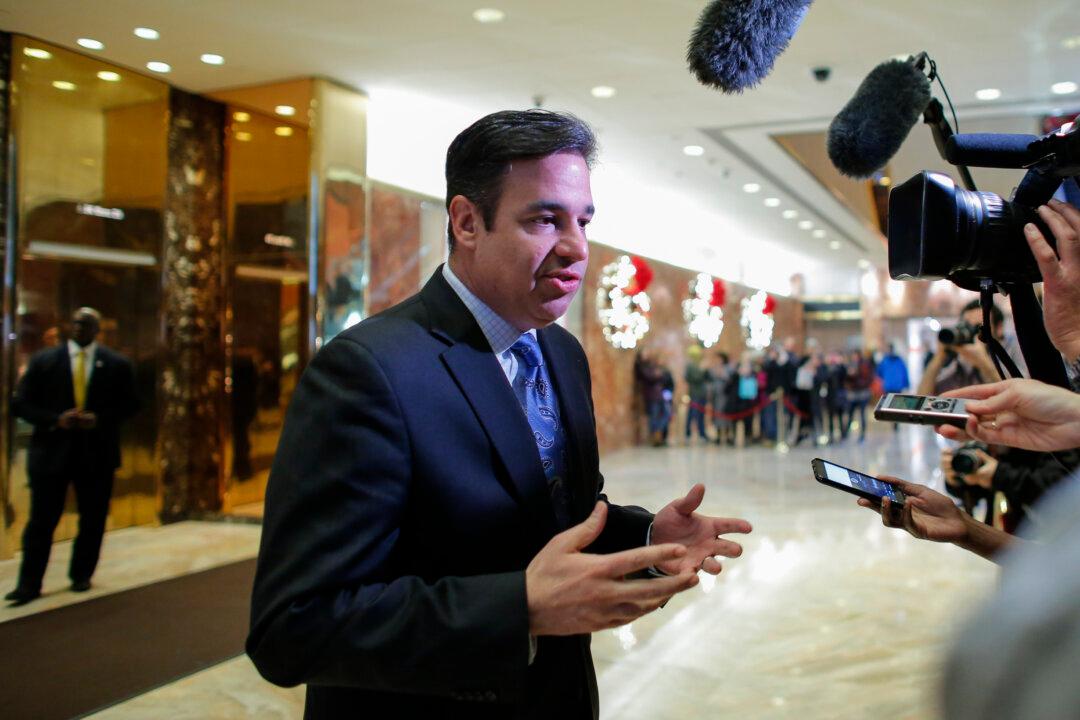Idaho’s top prosecutor cannot prosecute medical professionals who refer women for abortions in other states, at least for now, according to a new ruling.
Idaho Attorney General Raul Labrador, a Republican, was blocked on July 31 by a preliminary injunction entered by U.S. District Judge Lynn Winmill.





